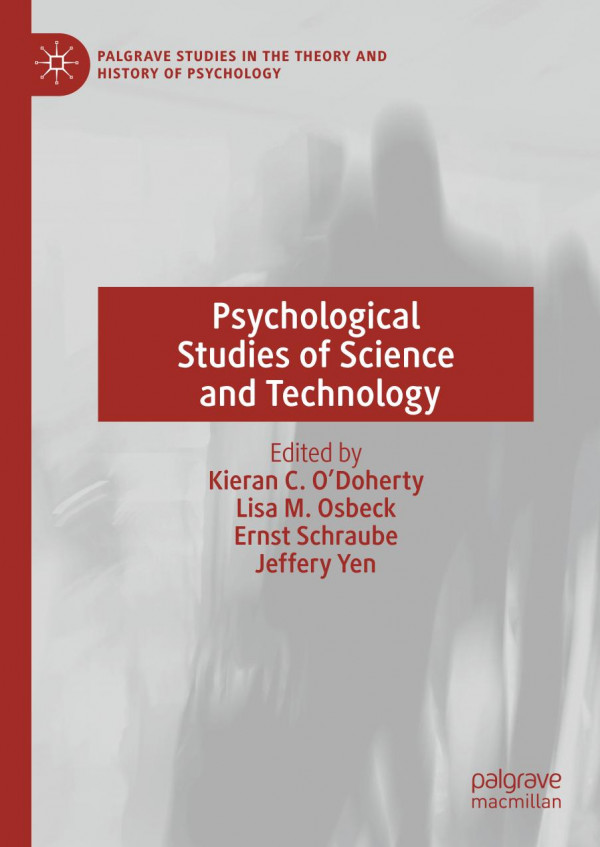

Most ebook files are in PDF format, so you can easily read them using various software such as Foxit Reader or directly on the Google Chrome browser.
Some ebook files are released by publishers in other formats such as .awz, .mobi, .epub, .fb2, etc. You may need to install specific software to read these formats on mobile/PC, such as Calibre.
Please read the tutorial at this link. https://ebooknice.com/page/post?id=faq
We offer FREE conversion to the popular formats you request; however, this may take some time. Therefore, right after payment, please email us, and we will try to provide the service as quickly as possible.
For some exceptional file formats or broken links (if any), please refrain from opening any disputes. Instead, email us first, and we will try to assist within a maximum of 6 hours.
EbookNice Team

Status:
Available5.0
39 reviewsThis book provides a significant contribution to scholarship on the psychology of science and the psychology of technology by showcasing a range of theory and research distinguished as psychological studies of science and technology. Science and technology are central to almost all domains of human activity, for which reason they are the focus of subdisciplines such as philosophy of science, philosophy of technology, sociology of knowledge, and history of science and technology. To date, psychology has been marginal in this space and limited to relatively narrow epistemological orientations. By explicitly embracing pluralism and an international approach, this book offers new perspectives and directions for psychological contributions.
The book brings together leading theorists and researchers from around the world and spans scholarship across a variety of traditions that include theoretical psychology, critical psychology, feminist psychology and social constructionist approaches. Following a historical and conceptual introduction, the collection is divided into three sections: Scoping a New Psychology of Science and Technology, Applying Psychological Concepts to the Study of Science and Technology and Critical Perspectives on Psychology as a Science. The book will interest interdisciplinary scholars who work in the space of Science and Technology Studies and psychologists interested in the diverse human aspects of science and technology.